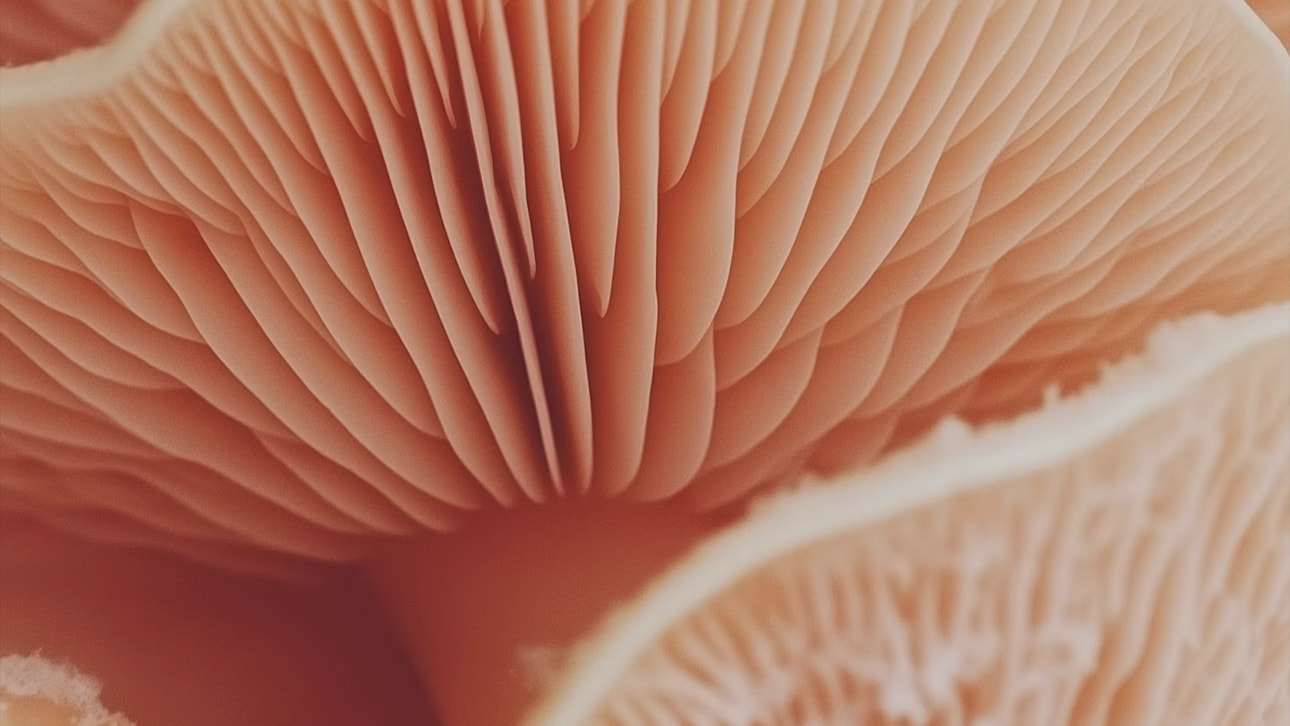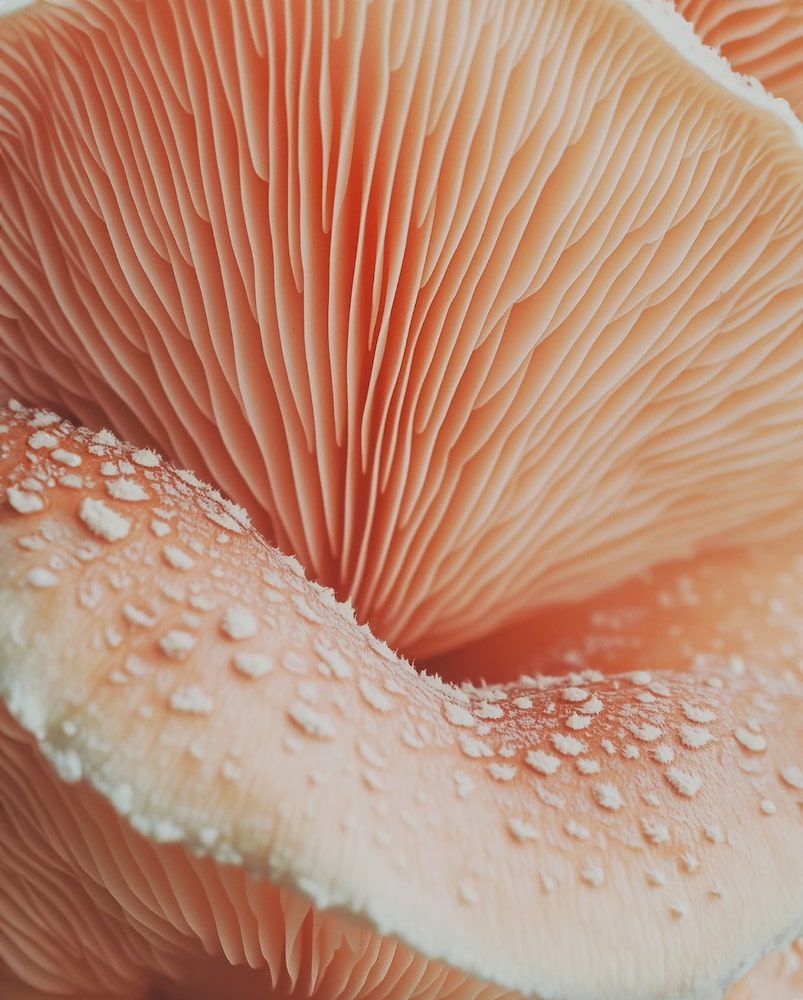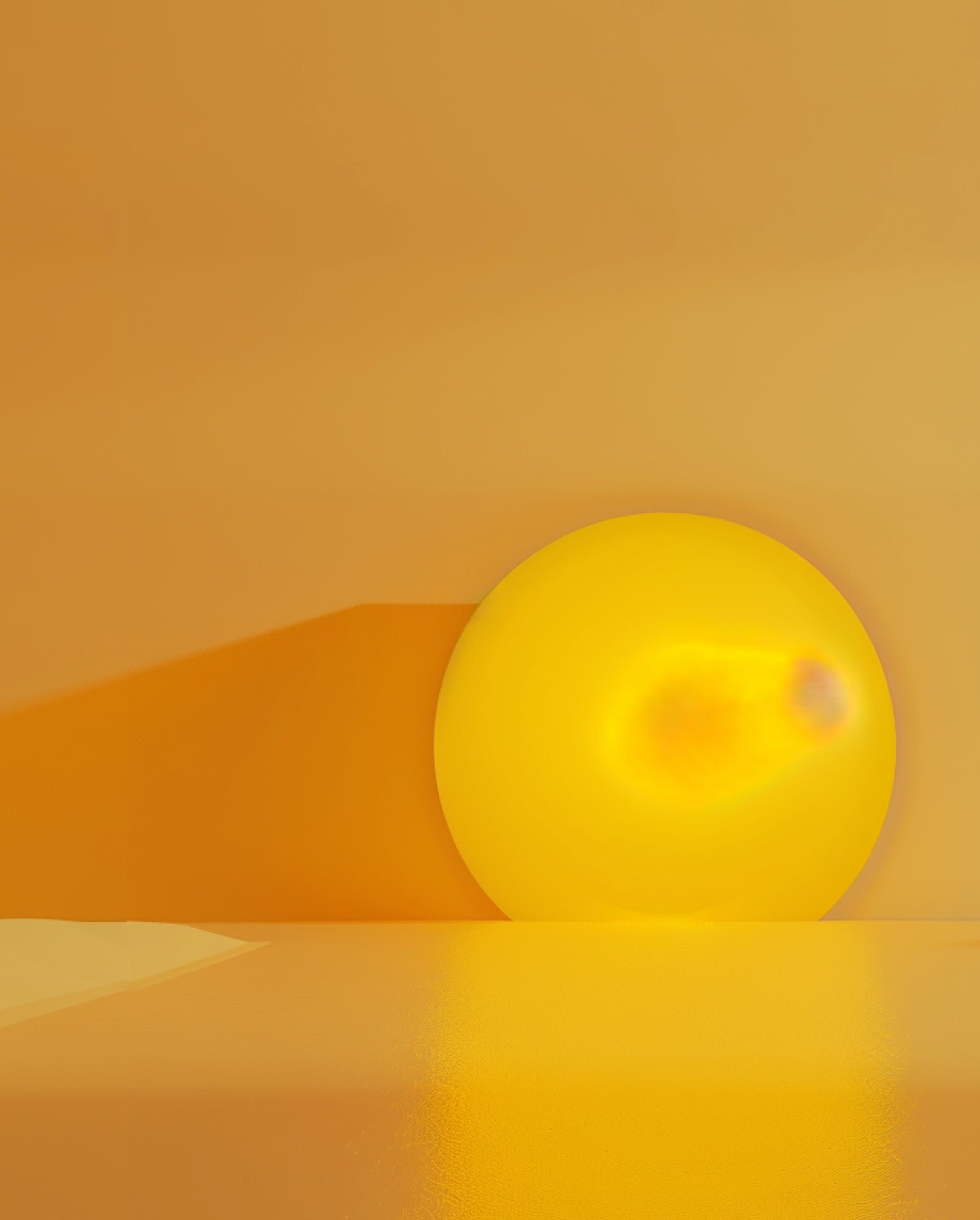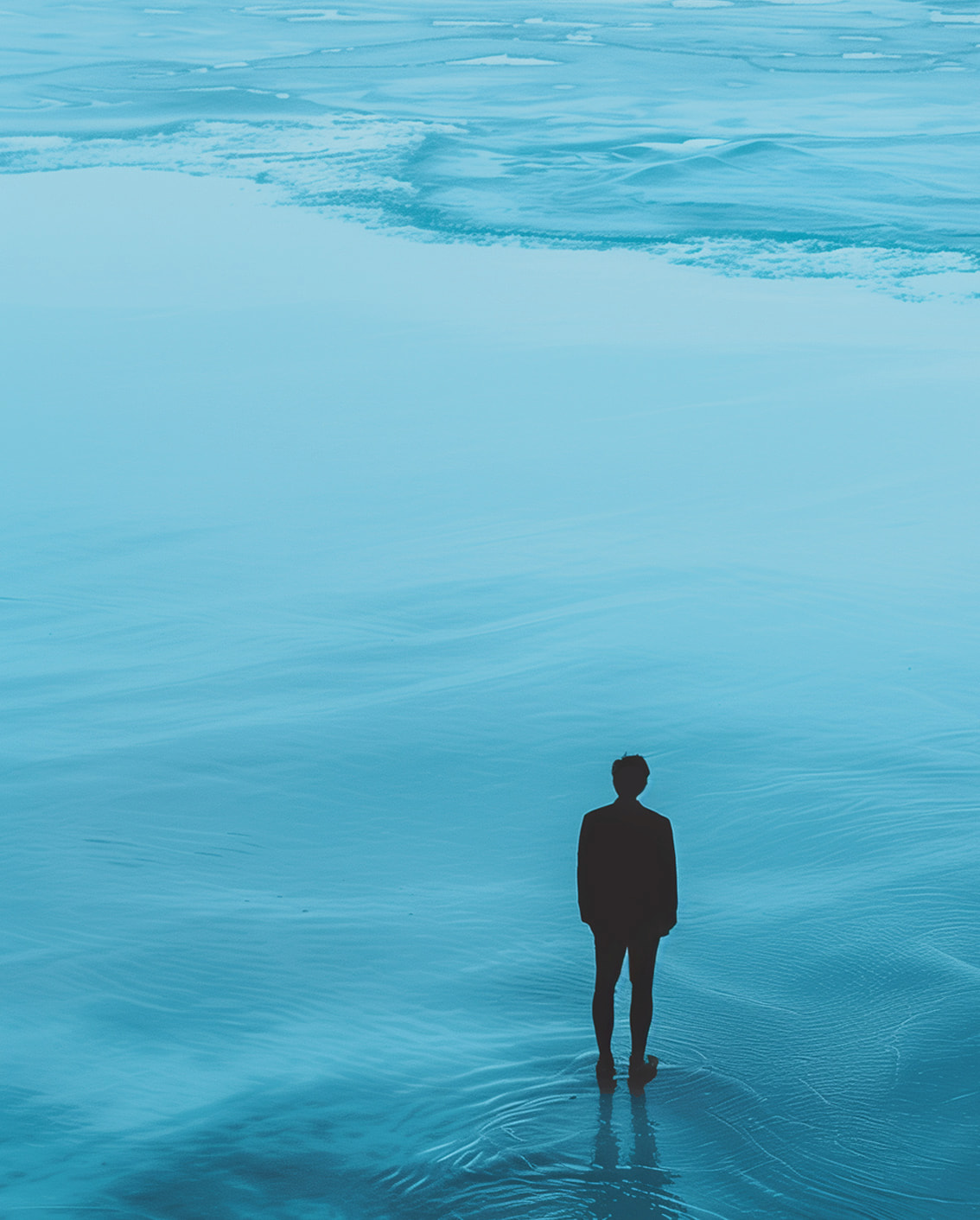According to Harris Interactive’s 2021 study, while a sense of decline hangs over certain aspects of French society, other areas retain a resolutely positive image among citizens. This is particularly true of science, perceived as a vector of progress by over three-quarters of the population (77%). Medical advances (78%) and longer life expectancy (68%) are also associated with this idea of progress by a majority of French people. So, despite the prevailing pessimism, scientific and social advances remain a source of hope in France.
Long before the pandemic, scientists began flocking to social media to share ideas, thoughts and information. But there’s no denying that the pandemic has boosted the visibility of scientists and the commitment of the general public.

Source :
Ipsos x Les Echos, 2023 (in French)On TikTok, for example, many accounts offer videos that arouse the curiosity of millions of users: extra zooms with a camera attached to the microscope to see everyday things. Here, we can see that videos with the words “microscope videos” generate over 10 billion views: https://www.tiktok.com/discover/Microscope-videos
Brands and companies are positioning themselves on this “trend” to engage their stakeholders with content that is both expert and creative. For example, Air Liquid draws inspiration from Konbini media’s video shots for its expert interview content on hydrogen. See here:
Voir cette publication sur Instagram
This new type of scientific influence can be found in any sector that requires expertise to get a message across. After the various bad buzzes from lifestyle influencers and the trend towards deconsumerism, audiences will be more inclined to trust these experts.



